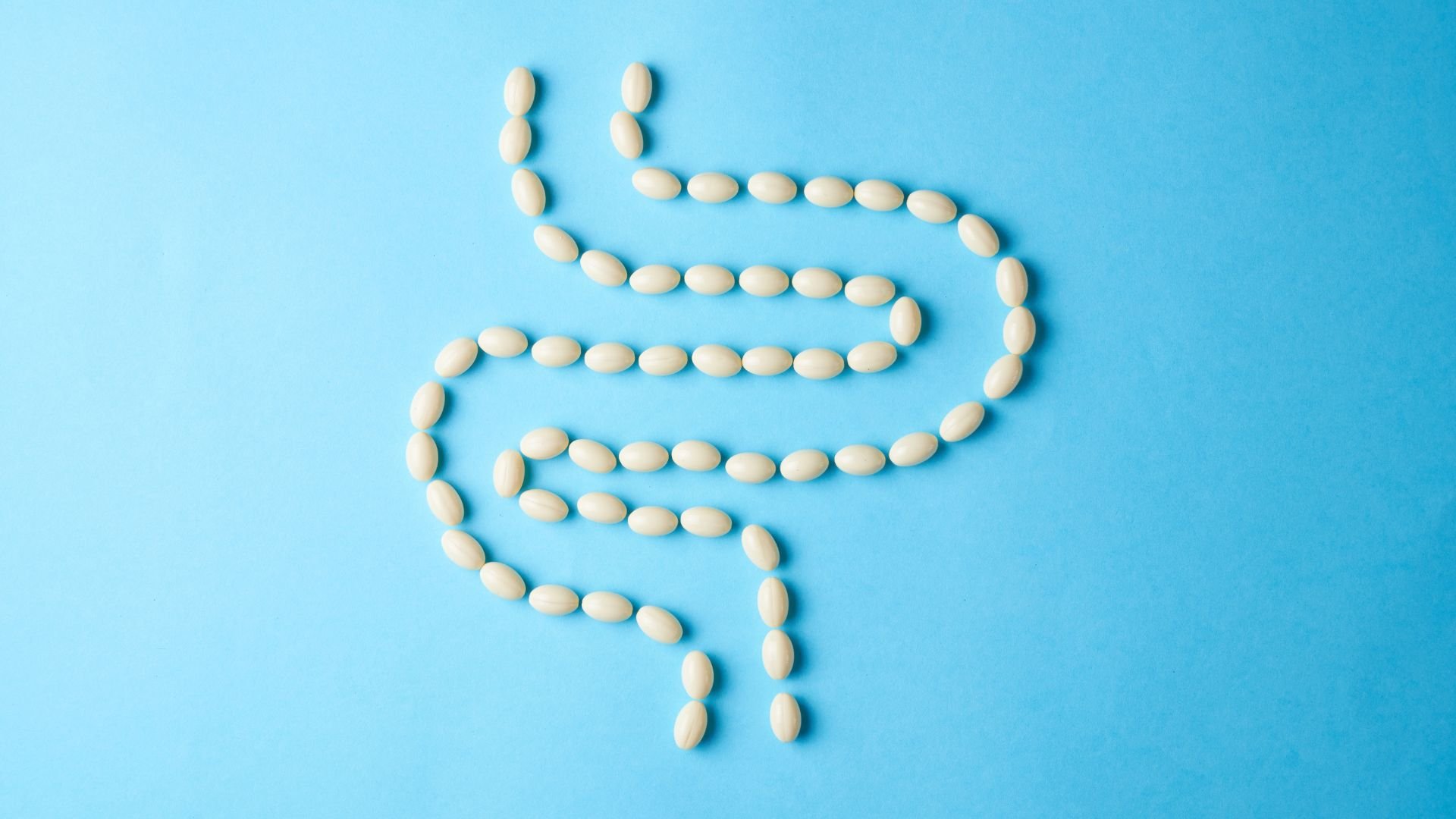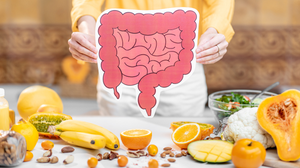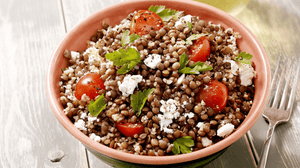
The microbiome might sound like something from science fiction, but it is actually a very important part of all our bodies. Resembling a busy network of communities, the microbiome contains bacteria, fungi, parasites and viruses which, in a perfect world, live in harmony with one another, performing important tasks which help to keep our bodies healthy.
This all occurs without us every really knowing about it, but a problem in the microbiome may make itself known to us. Which is why it is not only important to pay attention to it but also to care for it and celebrate it.
World Microbiome Day was created to do exactly that, and it is now an annual event which helps to draw attention to the important and unseen work that the microbiome does for us. In honour of this, we thought we would take a closer look at what the microbiome does, and how we can look after it better.
What is the Microbiome?
The microbiome consists of trillions of microorganisms which live in places such as our small and large intestines[i]. Each microbiome is unique, as it starts to build up during birth and from the milk of our mothers. We then add to it through our diets and different environmental exposures.
The microbiota in our guts live a very busy life, as there is a lot that they need to do. Not only do they play a role in the function of the immune system, but they also have the task of breaking down the potentially toxic food compounds that we have put into our body.[ii]
What are the signs of a healthy microbiome?
The microbiome is something that can’t be seen, and therefore we are often not aware of it until something goes wrong. However, there are some important signs to look out for to spot whether it is healthy or not.
The first one relates to how often you are going to the toilet; whilst there isn’t a set rule on how often you should poop, you should be doing it in the daytime and somewhere between three times a week and three times a day.[iii] Everyone will have their own natural pattern but be alert to any unexplained changes to this. Ideally, the food we eat should not stay in our gut for too long, but it also shouldn’t come out as fast as it goes in! Typically, your gut transit time should be around 28 hours.[iv]
How often you poop is important, but just what that poop looks like is also worth paying attention to. The colour should be medium to dark brown, it should be smooth in texture and it should sink to the bottom of the toilet bowl.[v] It should also never hurt to go to the toilet, and you should not need to push or strain too much. Changes in your bowel movements can be related to lots of things; if you notice any persistent changes or have any concerns, please discuss these with a healthcare professional.
As well as your poo, you also need to think about the amount of wind that you pass. Whilst some of us might like to think we never do it, we should actually be passing wind between 10 and 20 times a day![vi] If your wind becomes trapped, then you can quickly start to feel bloated and uncomfortable.
If your body is not receiving and absorbing the right nutrients, it can soon become sluggish. This is because your body is diverting what energy it has to digest your food because your digestive system is not functioning in the way that it should, leaving you feeling tired and lacking in energy.[vii]
Is the gut microbiome a good thing?
The microbes that make up the microbiome are mostly symbiotic, ensuring that both the body and the microbiota benefit. However, in some cases there can be pathogenic microbes that can leave us prone to disease[viii]. Most bodies have a combination of both, which exist side by side without a problem, but as with any good balancing act, it does not take much to tip the scales out of kilter. If there is an imbalance in the gut microbiome, this may lead to an increased susceptibility in some people to certain diseases. .
What is World Microbiome Day?
World Microbiome Day takes place on 27th June every year in an effort to raise awareness of these incredible microbes and the important jobs that they do. They might live in our bodies and have a huge impact on our health, but very few us know much about them. World Microbiome Day aims to change all of this, by educating us on what the microbiome is, what it does and why it is so important.
Why is the microbiome important?
For a long time, the gut microbiome was relatively unknown, but over recent years we have learnt more and more about it. It is bigger than most organs in the body and contains around 150 times more genes that the human genome.[ix] The gut microbiome is a vital part of our overall health, and so it is important that we look after it. This clever bunch of bacterial communities not only supports our immune system, but it also synthesises vitamins such as vitamin K2 and B12[x].
How do I improve my microbiome?
As with most things in life, we get out what we put in, so if you want to give your microbiome a boost, then you need to feed it the right things. As with anything, you should try and make sure that you have a healthy diet with limited processed foods. Plant foods such as fruit, vegetables, wholegrains, legumes, nuts and sees all contain lots of different types of fibre and plant phytochemicals that your gut will love.[xi] Probiotics can enhance the diversity of your gut microbiome, benefiting your digestive, immune, and mental health. These beneficial bacteria are found in fermented foods such as kimchi, kombucha, kefir, yogurt, and sauerkraut, introduced during the fermentation process.
There are other factors that can also affect your gut health, so it can pay dividends to look at the amount of sleep you get, how much stress you are under and how much exercise you do, as these can all have an impact on the microbes in your body.
Sometimes, maintaining the perfect diet and lifestyle for your microbiome can be challenging, and so another way to improve your microbiome is through the use of probiotics, which may contain many of the great living microorganisms that your gut needs to become a healthy gut. Prebiotics are crucial for a healthy microbiome and essentially are nutrients that gut bacteria break down.
Probiotics and the microbiome
We now know about the huge number of microorganisms living inside of us, and the importance of striking the right balance. Which is why more and more people are turning to probiotics to help with this. Probiotics are living organisms which may assist in suppressing pathogens and supporting a healthy balance within the microbiome.[xii]
So this World Microbiome Day, why not take a look at the way in which you look after your gut? By focusing a little more on your gut health, you might start to spot a few patterns, and identify ways in which to improve it. There are many options from diet and exercise to probiotic supplements, so it is important to find a plan that suits you.

5 surprising Ways to Improve your Gut Microbiome
We take you through our top 5 tips on how to improve gut health in our latest blog.

Do I need a good gut microbiome?
Good gut health impacts your weight, heart health and brain health. Learn more here.

What is the microbiome?
If you’ve done your research on probiotics, you will have, undoubtedly, come across the word “microbiome”. But what is it? Learn more here.









